The Biden administration is actively working to foster ties between Israel and Saudi Arabia.
This diplomatic effort is aimed at establishing stability and security in the Gaza Strip, contingent on overcoming Hamas.
Geopolitical Urgency
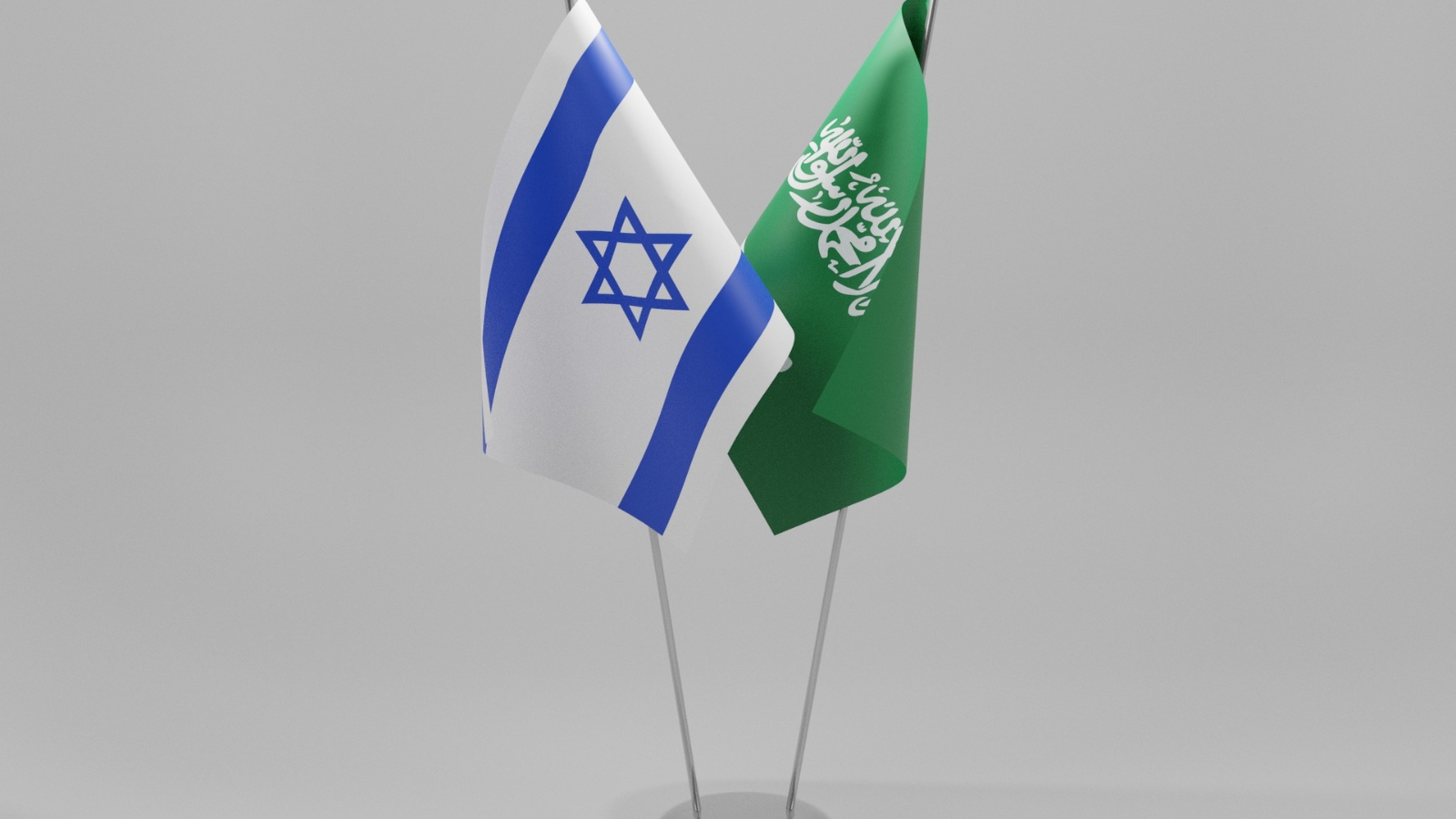
The push for an Israeli-Saudi pact has gained momentum due to the international call to end the Gaza conflict.
Achieving peace in the Middle East has become a critical objective for global diplomacy.
Potential Foreign Policy Triumph
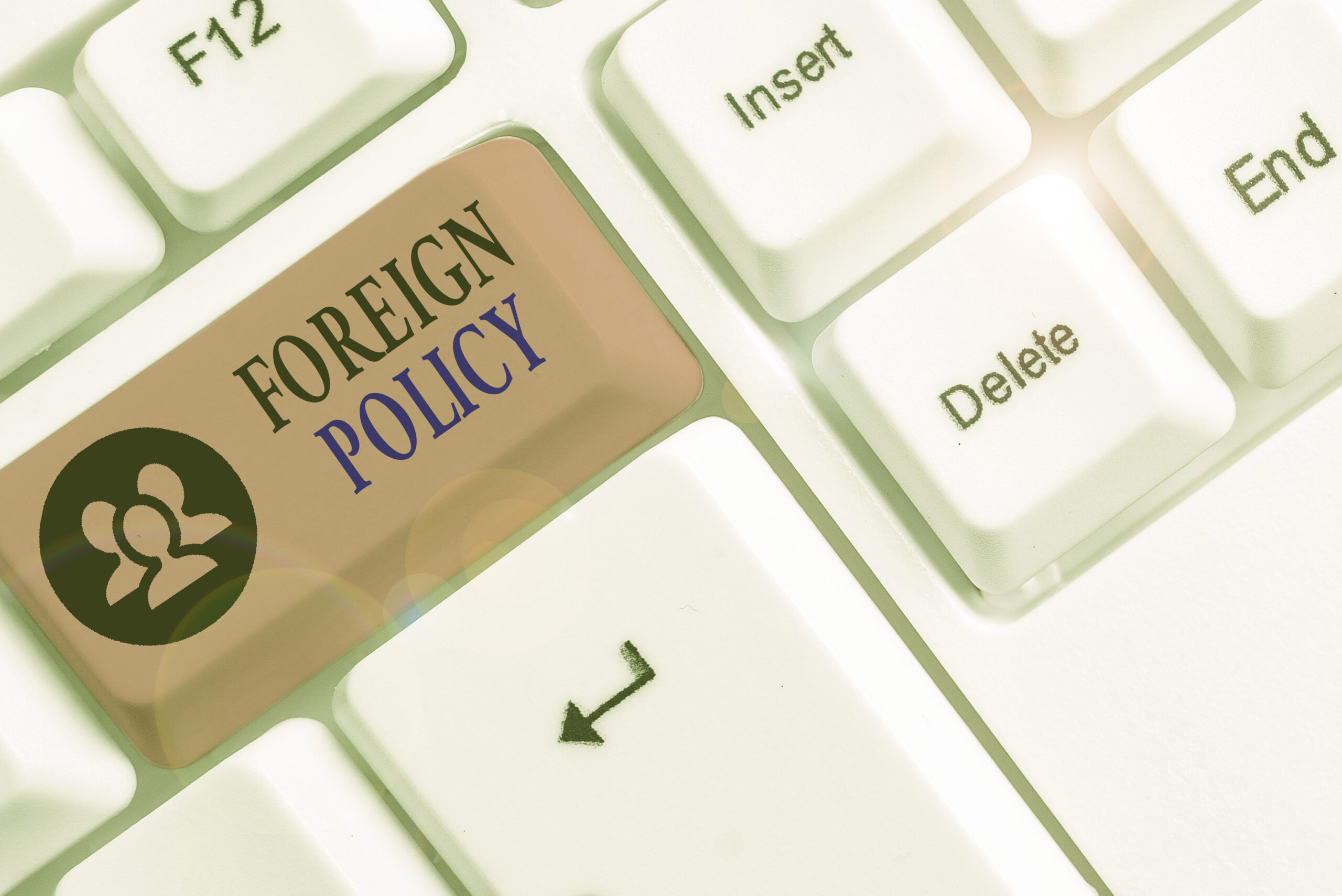
A successful agreement between Israel and Saudi Arabia could mark a significant achievement in President Biden’s foreign policy portfolio.
Such a deal could also counter criticisms of Biden’s global leadership.
Bipartisan Support for Normalization
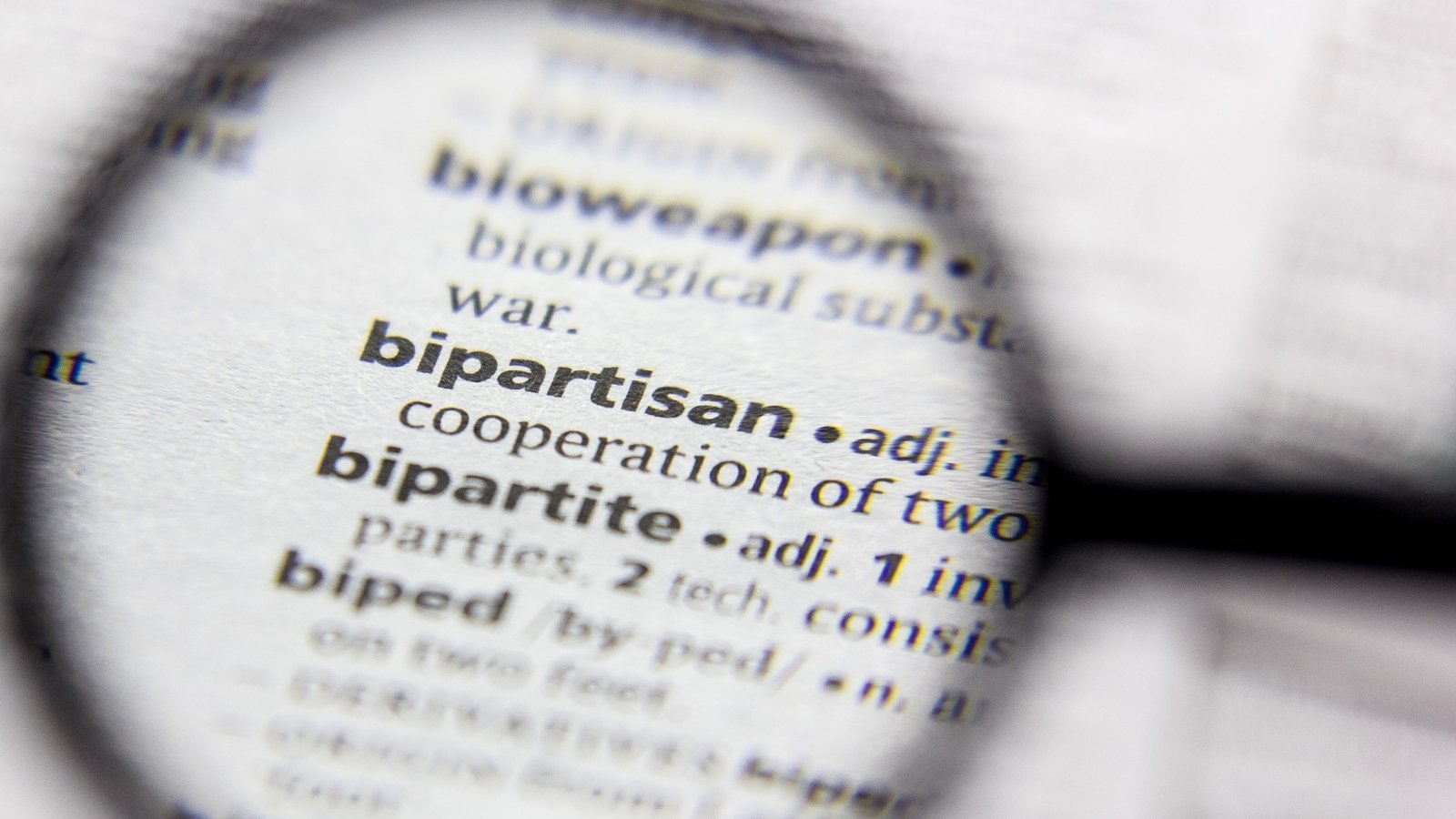
The prospect of Israeli-Saudi normalization is seen as a strategic move against Iran.
Senator Lindsey Graham expressed strong bipartisan support for Biden’s efforts to broker this historic agreement.
Challenges to Israeli-Saudi Ties

Recent tensions, particularly Hamas’s attacks and the subsequent war in Gaza, have complicated the path to normalization.
However, Biden officials remain optimistic about reviving peace efforts.
Sullivan’s Vision for Peace

Jake Sullivan, the national security adviser, emphasized the interconnectedness of peace between Israel and its Arab neighbors with the two-state solution.
He stressed the importance of continuous work towards these goals.
Saudi Arabia’s Cautious Engagement
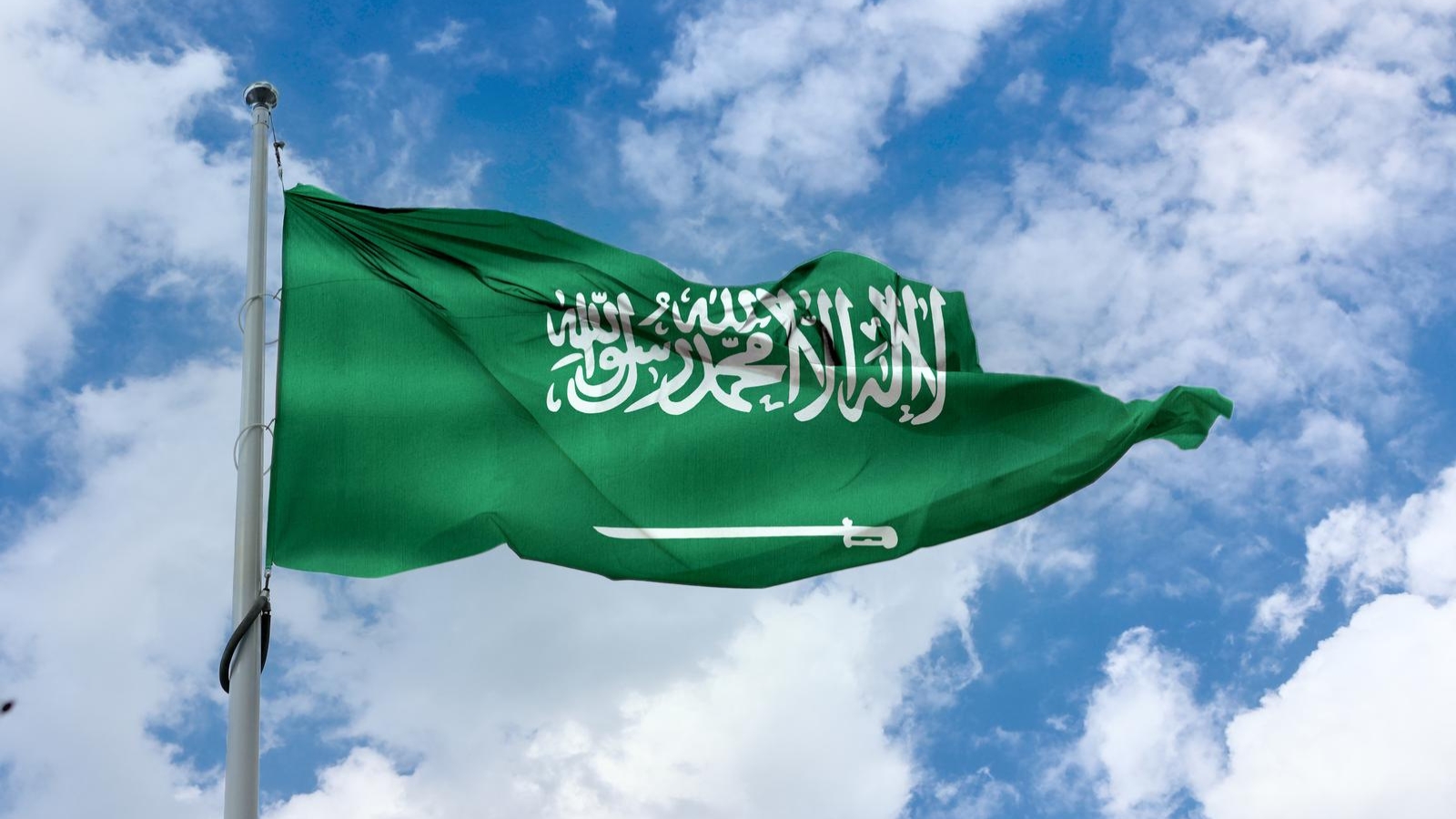
Following the conflict in Gaza, Saudi Arabia had momentarily paused its participation in talks.
Yet, Secretary of State Antony Blinken reported that Saudi Crown Prince Mohammed bin Salman remains open to normalization, with conditions.
Democratic Hesitations
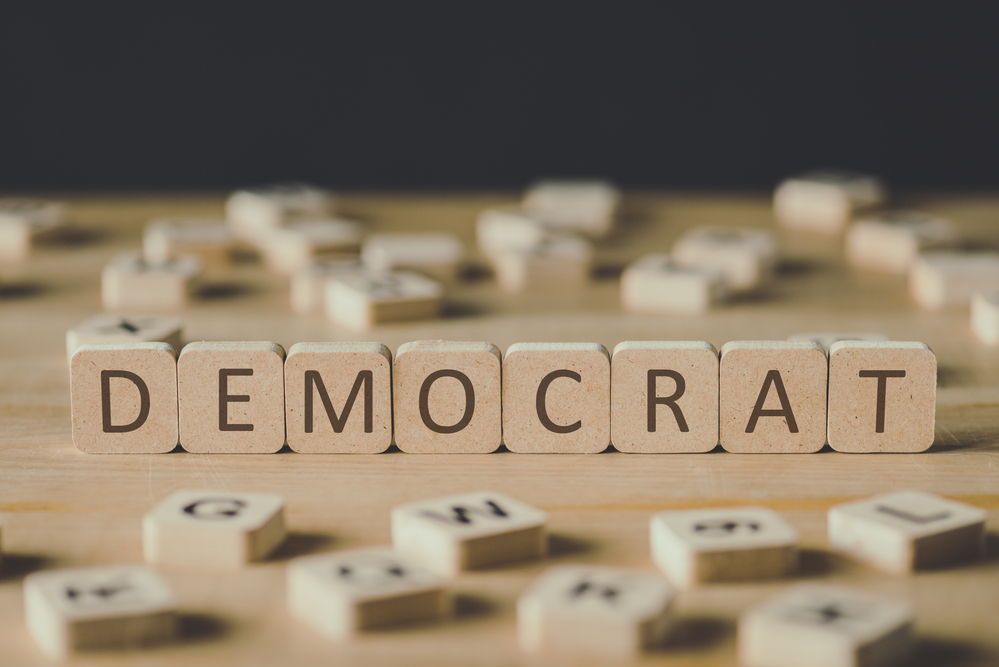
The main obstacles to the U.S.-Saudi talks stem from the Democrats, who are wary of Saudi Arabia’s demands.
These include a mutual defense treaty and assurances for weapon sales and a civil nuclear program.
Congressional Dynamics

Senate approval for such a deal is more likely under a Democratic administration.
This political reality could facilitate the advancement of the Israeli-Saudi agreement.
Saudi Demands and U.S. Concerns
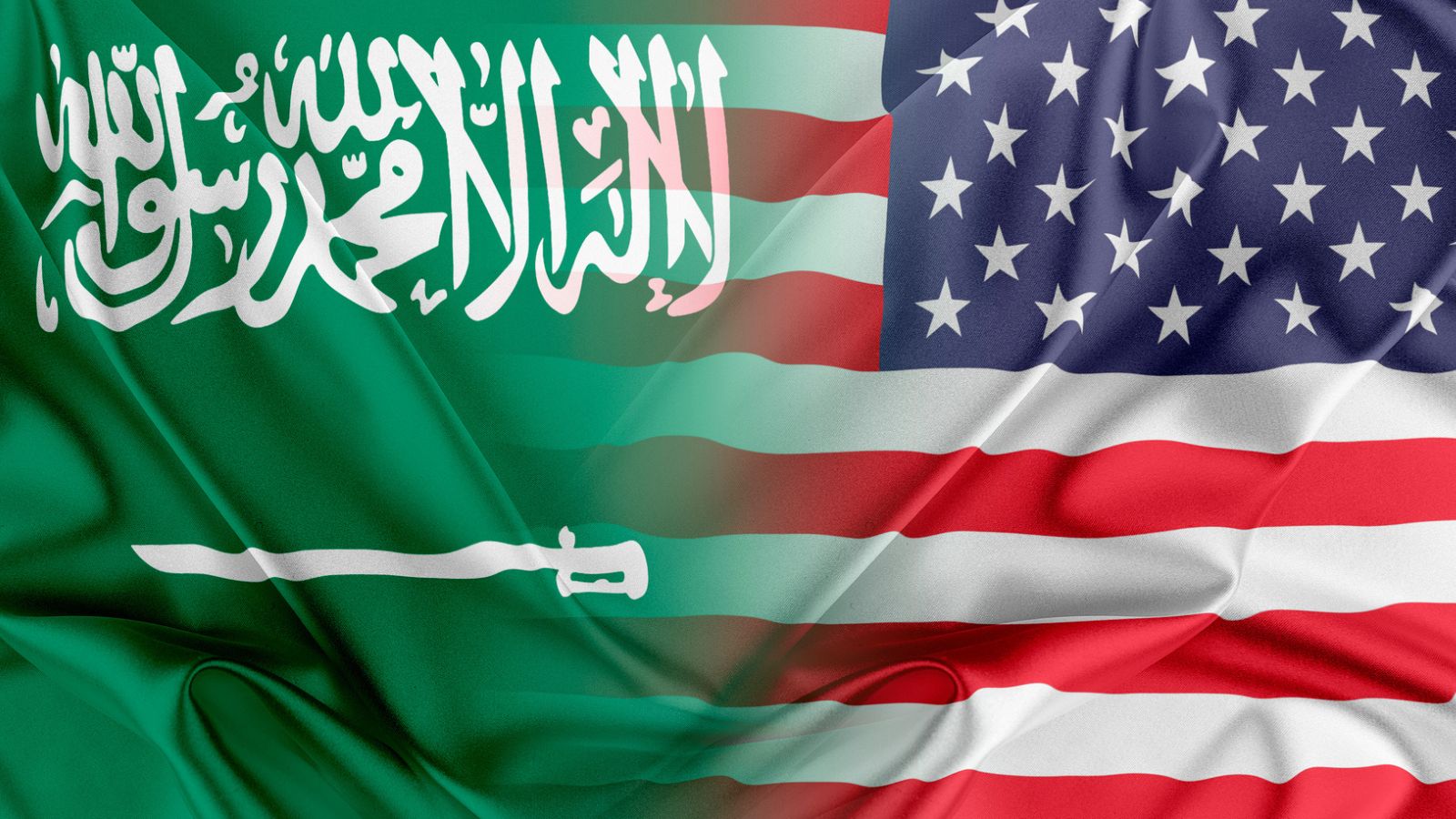
Saudi Arabia’s prerequisites for an agreement, particularly a mutual defense pact, have raised concerns among U.S. lawmakers.
Senator Jack Reed expressed the need to consider any security treaty with Riyadh carefully.
The Palestinian State Factor
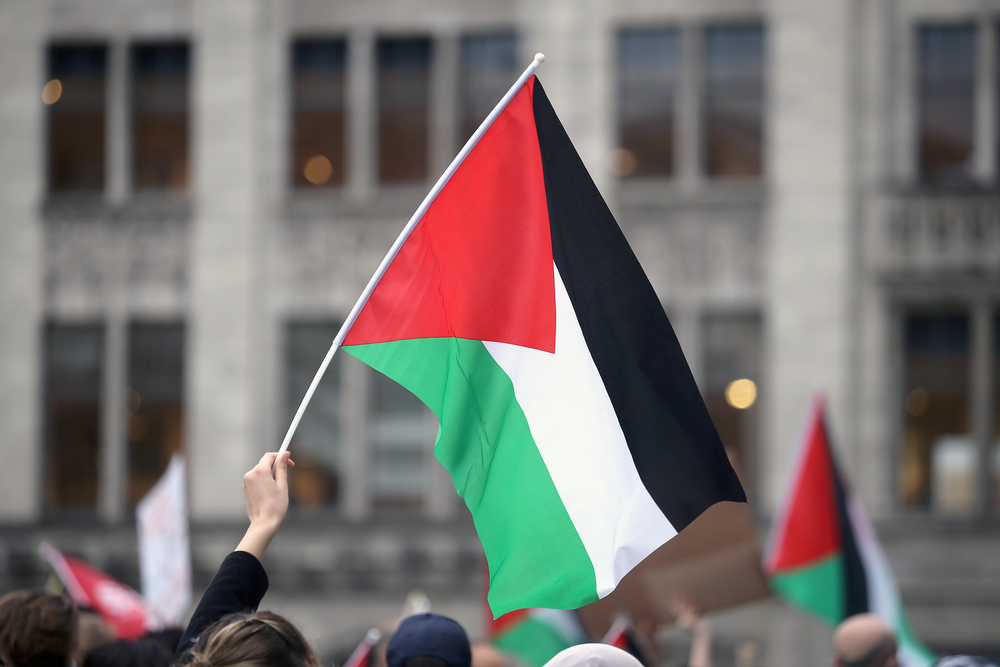
The establishment of a Palestinian state has become a pivotal aspect of any Israeli-Saudi agreement.
This element is crucial for both the Biden administration and Saudi Arabia in moving forward with normalization.
Netanyahu’s Position

Israeli Prime Minister Benjamin Netanyahu faces internal and external pressures regarding the Palestinian state issue.
Despite his reservations, the potential benefits of normalization with Saudi Arabia might influence his stance.
The Role of Saudi Arabia
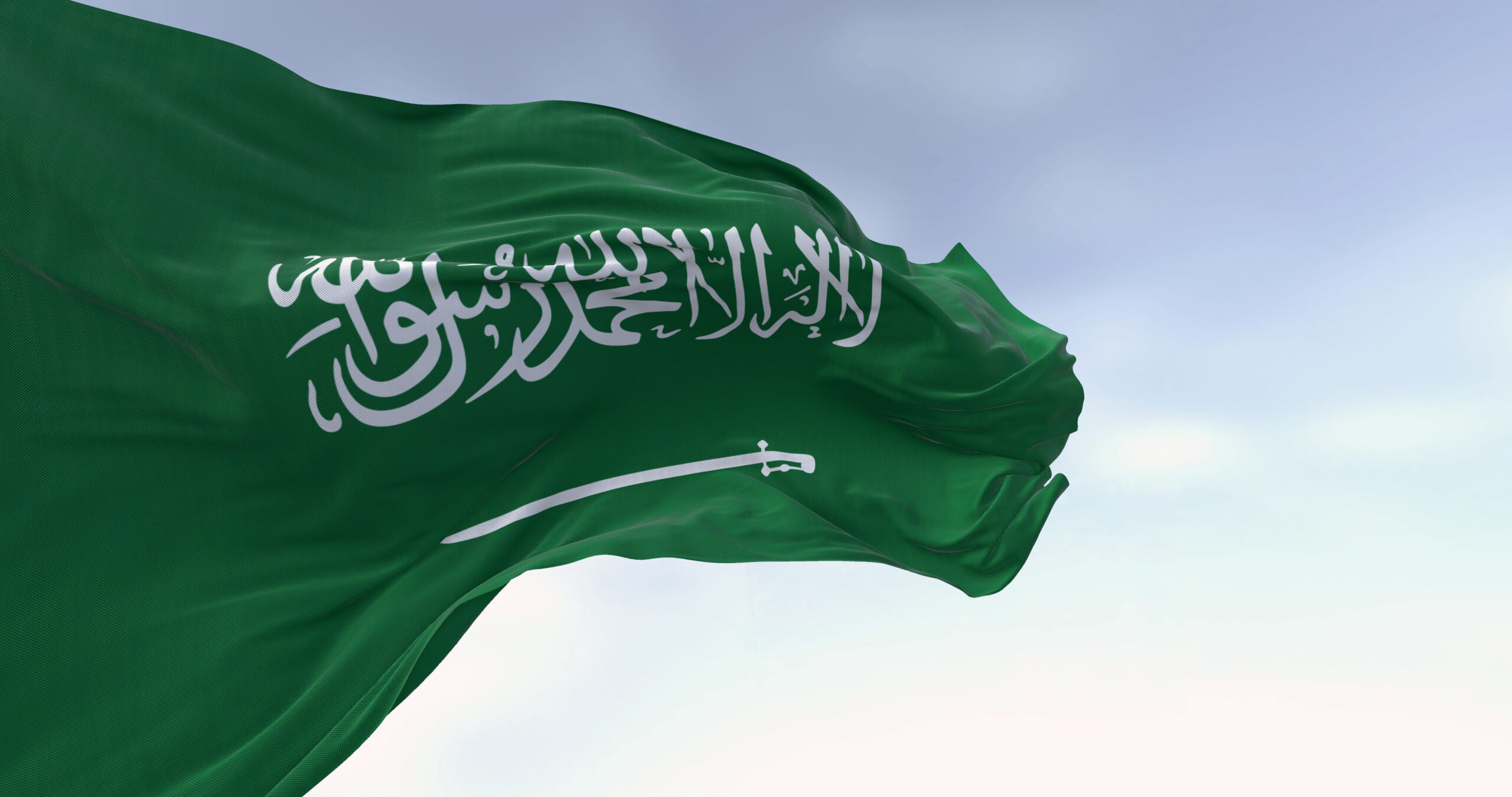
Saudi Arabia is positioned to play a significant role in Palestinian affairs and the broader peace process.
Its influence could help steer the region towards a less volatile future.
The Complexity of Normalization
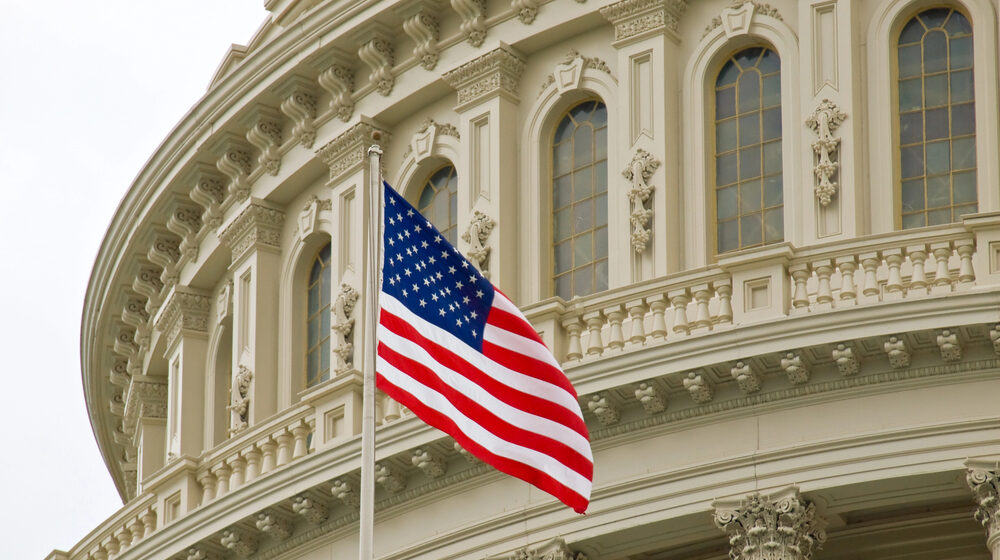
Achieving Israeli-Saudi normalization before November is daunting and fraught with political and diplomatic challenges.
The U.S. might have to make significant concessions to facilitate this breakthrough.
Coons’ Optimism and Challenges
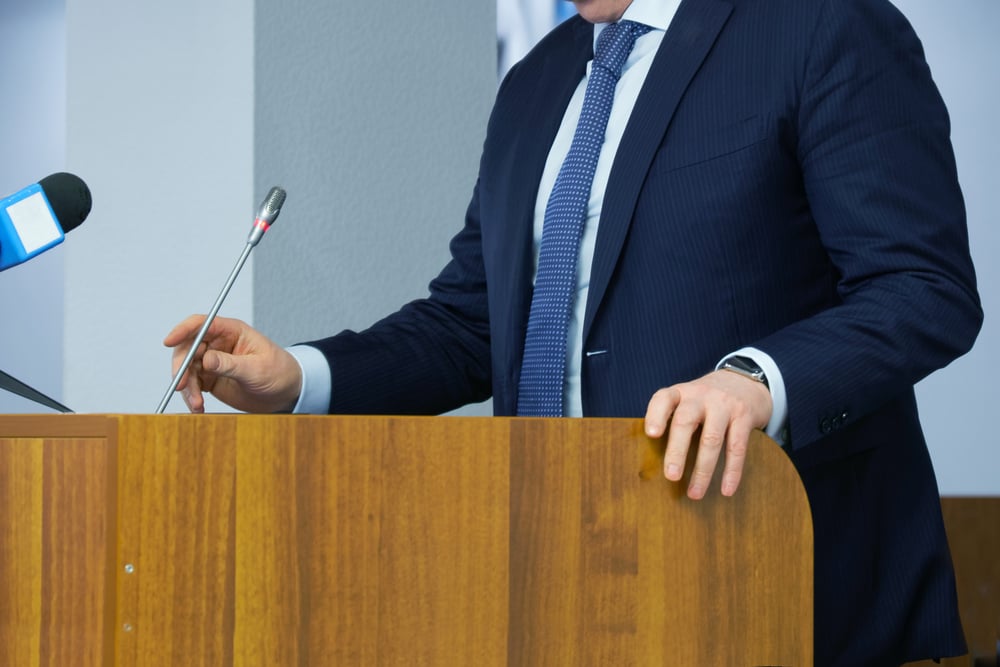
Senator Chris Coons sees a narrow opportunity for normalization but acknowledges the immense U.S. effort required.
The ongoing conflict in Gaza and the need for substantial U.S. security guarantees are major hurdles to overcome.
Read More From The Stock Dork


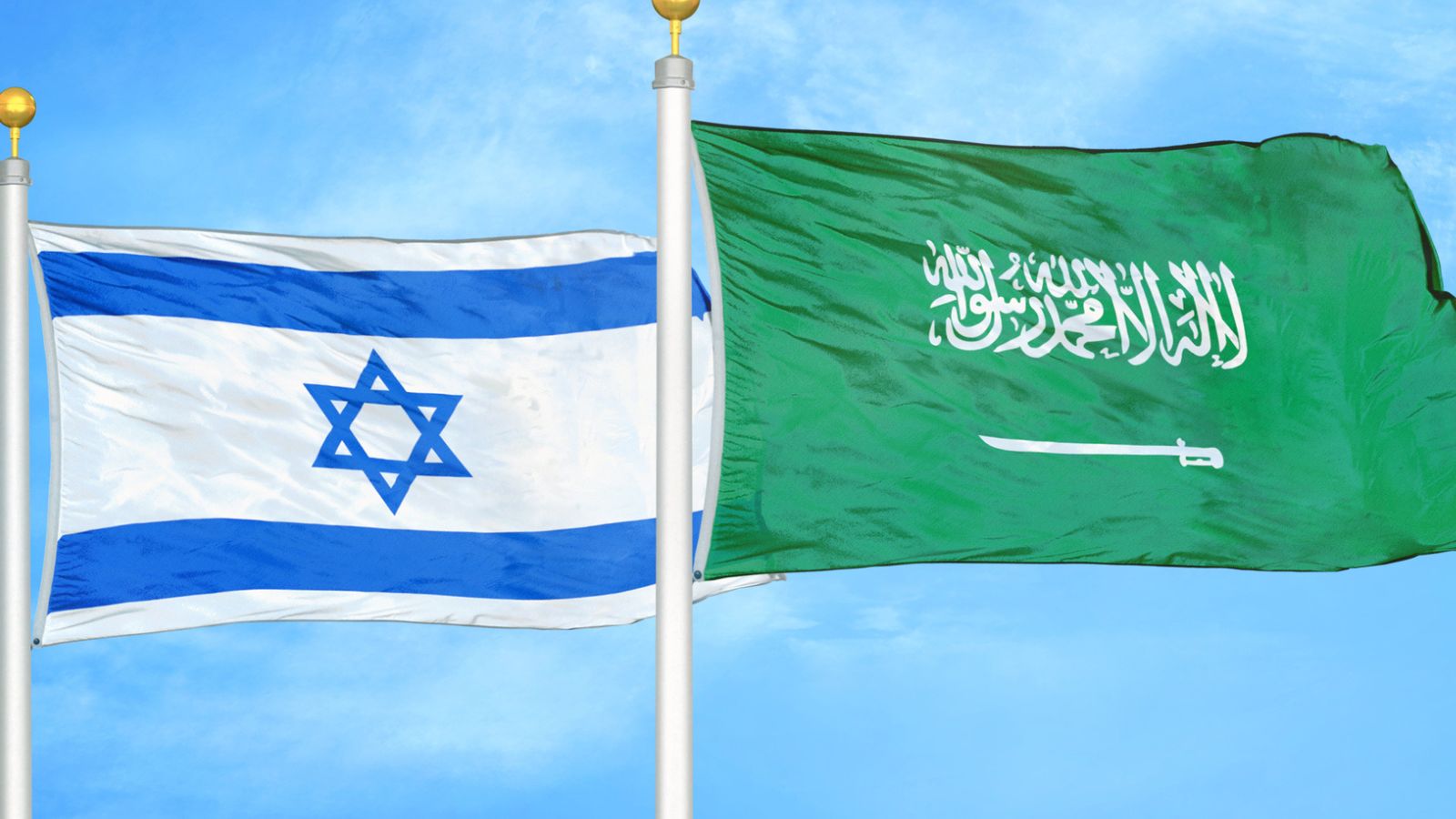
 Tags:
Tags:










